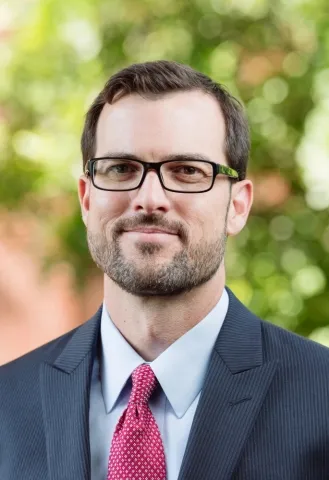Nathanael Fast

When Eliminating Bias Isn't Fair: Algorithms Quantification, and Procedural Justice
Dr. Nathanael Fast, Professor of Management, Marshall School of Business, University of Southern California
Friday, May 17, 2019 - 12:00pm to 1:30pm
Abstract
The perceived fairness of decision-making procedures is a key concern for organizations, particularly when evaluating employees and determining personnel outcomes. Algorithms have created opportunities for increasing fairness and impartiality by overcoming biases commonly displayed by human decision makers. However, while existing theory generally supports this line of reasoning, we argue that it overlooks the possibility that algorithmic decision making violates the norms of procedural justice by appearing to reduce employees to quantifiable attributes, stripping away the qualitative aspects of their human nature. Results from two laboratory experiments (N = 388) and a large-scale randomized experiment in an organizational setting (N = 1,654) provide evidence for this theory by demonstrating that people view decisions determined by algorithms as less fair than identical decisions made by human evaluators. Moreover, this perceived unfairness significantly reduced reported organizational commitment. Theoretical and practical implications for organizations using algorithms and data analytics more broadly are discussed.
Biography
Nathanael Fast is a professor in the Management Department at the University of Southern California's Marshall School of Business. He received his PhD in Organizational Behavior from Stanford University. Broadly speaking, he is interested in the tools people use to lead and influence others in organizations and throughout society. His research examines the determinants and consequences of power and status as well as the psychological mechanisms that lead cultural ideas and practices to become and stay prominent. He also studies the psychology of social networks and how new and emerging technologies are shaping the future of humanity. To help foster and support research in this area he co-founded the Psychology of Technology Institute.









 Instagram
Instagram LinkedIn
LinkedIn Twitter
Twitter